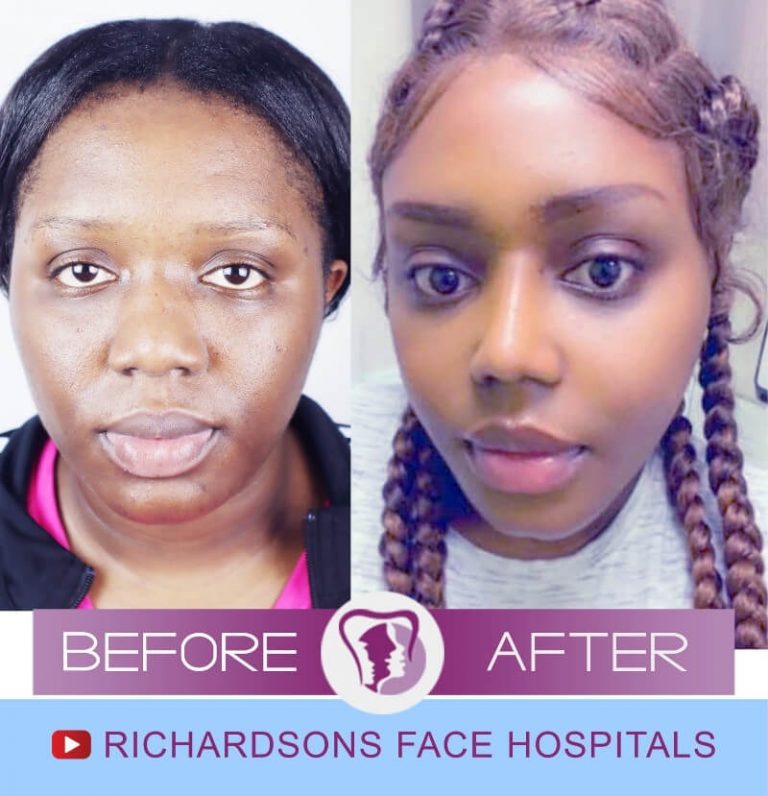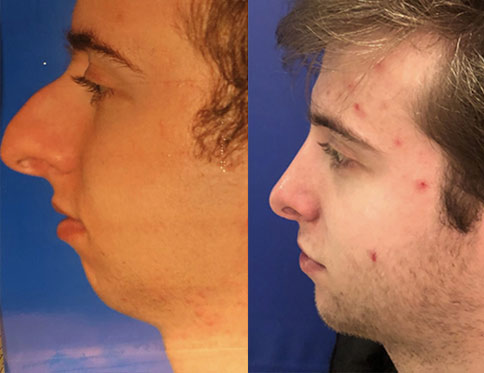Exploring the Psychological and Social Aspects That Drive Individuals to Think About Cosmetic Surgical Procedure as a way of Enhancement
The decision to go after cosmetic surgical procedure frequently extends beyond simple aesthetics, linking with psychological and social characteristics that warrant detailed assessment. Elements such as self-esteem, pervasive social charm criteria, and the pervasive impact of social media assemble to shape specific motivations for surgical improvement.
The Function of Self-Esteem
Self-confidence considerably affects a person's choice to pursue cosmetic surgical procedure. Individuals with reduced self-esteem typically view themselves in an unfavorable light, leading to sensations of insufficiency concerning their physical look.

Eventually, the function of self-confidence in the decision-making procedure concerning plastic surgery highlights the complex interaction in between body picture, personal complete satisfaction, and mental health and wellness. Understanding this relationship is crucial for medical care experts to guarantee that patients are making notified choices rooted in reasonable expectations and emotional health.
Societal Elegance Specifications
Influenced by prevalent media portrayals and cultural stories, social charm criteria play an essential duty fit individuals' perceptions of their very own bodies. These requirements are commonly defined by an idyllic type of elegance that emphasizes characteristics such as slimness, youthfulness, and balance. As these perfects are continued with different channels, including film, advertising, and television, people frequently internalize these messages, resulting in discontentment with their natural look.
The implications of these social standards expand beyond aesthetic preferences; they can affect self-worth, psychological health, and interpersonal connections. Individuals who view themselves as disappointing these criteria might experience feelings of inadequacy, motivating a need for cosmetic surgical treatment as a means of achieving social authorization. This search is typically fueled by the idea that adapting these perfects will enhance not just physical appearance but also social standing and personal satisfaction.

Impact of Social Media Site
The impact of social beauty criteria is further amplified by the increase of social media sites platforms, where curated images and idealized representations of elegance are common. Users are constantly exposed to filtered and edited photos, which frequently illustrate unattainable physical characteristics. This direct exposure grows a society of contrast, leading individuals to evaluate their own appearance versus these commonly unrealistic benchmarks.
Social network influencers and stars regularly promote cosmetic treatments, normalizing the concept that medical enhancements are a practical means for attaining societal perfects (plastic surgery rancho cucamonga). The presence of these improvements can create an assumption that undergoing cosmetic surgical procedure is a standard technique, therefore affecting people to consider comparable treatments as a pathway to boosted self-esteem and social approval
Moreover, the interactive nature of social networks enables immediate responses through sort and remarks, additionally enhancing the desire to adhere to prominent elegance criteria. Such interactions can exacerbate feelings of insufficiency and drive people toward plastic surgery as a way of getting validation. Ultimately, social media plays a pivotal duty in shaping perceptions of charm, which considerably influences the decision-making processes bordering plastic surgery.

Cultural Viewpoints on Appearance
Throughout various cultures, perceptions of appearance are deeply rooted in historical, social, and economic contexts, shaping individuals' sights on charm and desirability. In several cultures, appearance functions as a significant pen of identification, affecting social condition, specialist possibilities, and individual relationships. For instance, in some cultures, light skin is often related to wide range and benefit, while others may idealize darker complexion as icons of stamina and credibility.
Additionally, traditional elegance criteria are commonly bolstered through social narratives, media depictions, and household affects, causing differing suitables across different areas (plastic surgery rancho cucamonga). why not try these out In Western cultures, the emphasis on young people and physical fitness typically drives individuals toward aesthetic improvement, while in particular Eastern cultures, even more refined adjustments aligned with standard appearances might be preferred
Globalization and the proliferation of digital media have actually better complicated these characteristics, developing a hybridization of beauty suitables that transcends geographical boundaries. As people increasingly navigate these cultural stories, the pressure to adapt particular appearance requirements can result in the need for plastic surgery, mirroring a complex interaction of cultural worths and personal aspirations. Understanding these social point of views is necessary in attending to the motivations behind cosmetic surgical procedure considerations.
Mental Impacts of Aesthetic Surgery
Many individuals looking for cosmetic surgical procedure report experiencing extensive emotional influences that can significantly change their self-perception and psychological well-being - plastic surgery rancho cucamonga. The need for physical enhancement frequently comes from underlying concerns such as low self-confidence, body dysmorphic disorder, or social pressures regarding charm standards. For some, the instant post-operative phase can cause a momentary boost in positive self-image and satisfaction with their look, fostering a sense of empowerment
Nonetheless, these positive sensations may not be sustaining. Research indicates that while some people experience enhanced self-esteem, others may face intense anxiousness or anxiety if their assumptions are not fulfilled. This disparity can arise from unrealistic suitables continued by media representation and social stories bordering appeal.
Additionally, the psychological implications of plastic surgery prolong past the person. Relationships with friends and family might be stressed as social characteristics change, bring about sensations of isolation or alienation. Eventually, the psychological influences of plastic surgery are complex and multifaceted, check this needing cautious consideration by both prospective individuals and health care companies to guarantee enlightened decision-making and realistic assumptions.
Final Thought
In final thought, the choice to pursue plastic surgery is significantly influenced by a mix of self-esteem issues, societal charm standards, and cultural perspectives on appearance. The prevalent reach of social networks additionally worsens these stress, promoting unrealistic perfects that individuals frequently strive to obtain. Recognizing these social and emotional aspects is important for resolving the inspirations behind cosmetic surgical procedure, highlighting the demand for a more nuanced discussion bordering beauty and self-acceptance in contemporary society.
The decision to go after cosmetic surgery often expands past plain aesthetic appeals, intertwining with emotional and social characteristics that merit thorough exam. Inevitably, social media plays a crucial role in forming perceptions of charm, which dramatically affects the decision-making procedures bordering cosmetic surgical procedure.
As individuals significantly browse these social narratives, the pressure to conform to specific look criteria can lead to the desire for cosmetic surgical treatment, showing an intricate interaction of individual ambitions and social worths.In final thought, the choice to go after cosmetic surgical treatment is considerably influenced by a combination of self-esteem problems, social charm criteria, and social viewpoints on look. Recognizing these psychological and social aspects is necessary for attending to the inspirations behind cosmetic her response surgical procedure, highlighting the requirement for a more nuanced discussion surrounding charm and self-acceptance in modern culture.